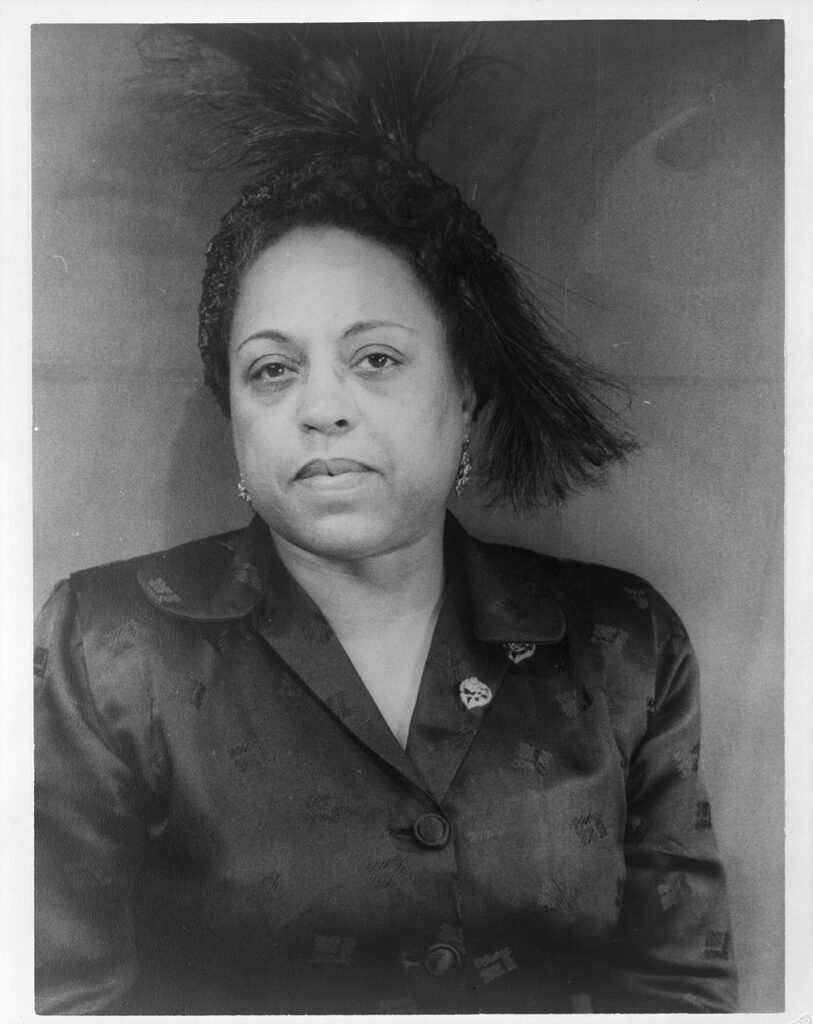On August 24, 1950, Edith Sampson, a distinguished attorney from Chicago, broke significant ground as the first Black American to represent the United States at the United Nations.
Born in Pittsburgh as one of eight children in a Black family, she was destined to be loaded with challenges, but she was fiercely determined to become a success despite any hardships. At just 14, she left school to help support her family, taking a job cleaning and deboning fish at a local market. Sampson later returned to graduate from Peabody High School before working with Associated Charities and studying at the New York School of Social Work.
Her academic drive quickly set her apart. After earning the top score in a criminology course, she caught the attention of Columbia professor George Kirchwey, who urged her to pursue law.
With her husband, Rufus Sampson, she moved to Chicago—balancing full-time work as a social worker by day with law school at night. In 1925, she graduated from John Marshall Law School, finishing at the top of her jurisprudence class and earning a special commendation from the dean.

Sampson made history as the first Black woman to to earn a Master of Laws degree from Loyola University Chicago.
At the United Nations, Sampson took her seat on the influential Social, Humanitarian, and Cultural Committee, where she weighed in on provocative disputes over human rights and self-determination during a time when her own country was still wrestling with those very principles.
“I would rather be a Negro in America than a citizen in any other land”, not a popular stance in the years following.” – Edith Sampson
At the United Nations, Sampson served on the Social, Humanitarian, and Cultural Committee, where she addressed climactic topics linked to human rights and self-determination. Her appointment was particularly significant, given the context of the era and her role as a Black woman fighting for standards that the U.S. itself was still striving to fulfill.